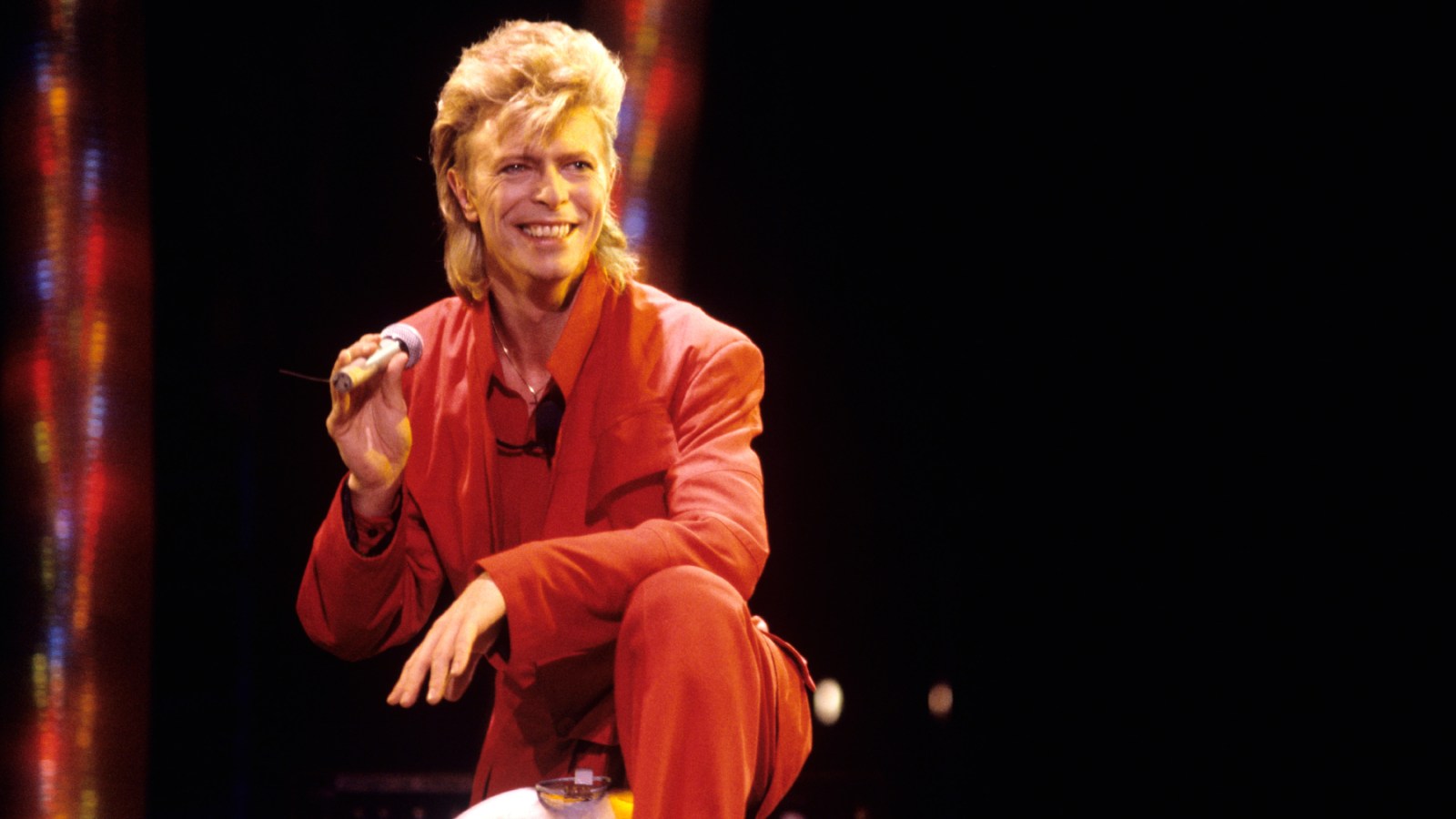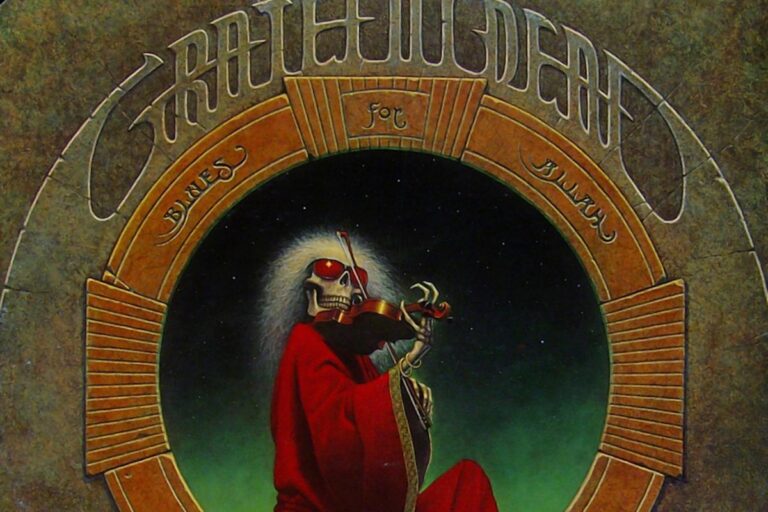David Bowie secretly began working on a musical set in 18th-century London in the months leading up to his death in 2016, according to new notes discovered locked in his New York City office.
As the BBC reports, the project was tentatively titled The Spectator and not even Bowie’s closest collaborators knew about it until the notes were discovered. The documents have been donated to the Victoria and Albert Museum in London, which acquired the rest of Bowie’s massive archive in 2023.
Bowie had begun to sketch out a story and think of possible characters for The Spectator, which appeared to be a blend of fact and fiction. He considered making the folk-hero thief and jailbreaker “Honest Jack” Sheppard a main character, along with Jonathan Wild, the prominent figure in London’s criminal underworld, who got Shepard arrested and executed.
One of Bowie’s biggest inspirations seems to have been a periodical also called The Spectator, which was published between 1711 and 1712. Bowie kept a whole notebook dedicated to the publication, in which he jotted down notes about key stories and even ranked them on a scale of 1 to 10. Some he considered for possible subplots, like a morality tale about a beautiful but “vain and severe” woman, whose suitor ditches her for her plain but agreeable sister.
Other notes reference the Gordon Riots — an uprising in 1780 spurred by anti-Catholic sentiment — and the Mohocks, a violent gang of upper-class young men who got drunk and attacked people. For one wild scene, he envisioned a public hanging, followed by “surgeons fighting over corpses.”
The notes suggest Bowie was drawn to 18th-century London as it would’ve allowed him to explore such topics as crime and punishment, the development of art and satire, and the always fascinating intersection between high and low culture.
“London threw up so many different juxtapositions. Juxtapositions between high and low, between the virtuous and the criminal, and these things existed cheek by jowl,” said Professor Bob Harris, an 18th-century specialist at the University of Oxford. “I think it presented so much that was beguiling to contemporaries, but also clearly that Bowie himself found fascinating.”
Bowie also appeared interested in having his musical comment on the genre itself and its development during the 18th century. Madeleine Haddon, a curator at the V&A, noted how at this time “musicals were used for political satire,” and said of Bowie: “It seems he was thinking, ‘What is the role of artists within this period? How are artists creating a kind of satirical commentary?’”
To that end, she also notes the potential significance of Bowie working on a project like this in the U.S. in 2015, with the political situation that was taking place there. Was he thinking about that: The power of art forms to create change within our own political moment?”
Bowie’s notes for The Spectator were reportedly pinned to the wall in his office in New York. But because only he and his personal assistant kept a key to that room, the files weren’t discovered until archivists started cataloging all of his belongings. The notes will be available to view when the David Bowie Centre opens at the V&A East Storehouse in London on Sept. 13.
For Bowie, the choice to put his creative energy into a musical in what would be the final months of his life seems to be a fitting one. In a 2002 interview on BBC Radio 4, Bowie said, “Right at the very beginning, I really wanted to write for theater. And I guess I could have just written for theatre in my living room – but I think the intent was [always] to have a pretty big audience.”
While he never got to make The Spectator, Bowie did complete another musical before his death: Lazarus, which premiered Off-Broadway in November 2015. The show featured songs from throughout Bowie’s career, including a few tracks from his celebrated final album, Blackstar.



